INTRODUCTION
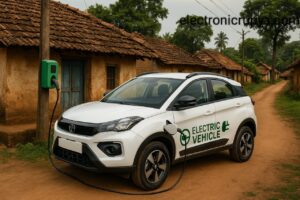
In Indian cities, EVs (Electric Vehicles) are becoming quite popular due to several reasons like shorter commuting distance, environment policies (in some cities), a rapidly developing charging infrastructure, etc. But in Indian villages, there is a lack of smooth and well-maintained roads; instead, there are dilapidated roads, which make EVs less efficient in the long run.
Besides this, charging infrastructure in villages is near to null. Also, unlike cities, people usually live in joint families in villages. So, an EV for an Indian village must have high durability, strong resistance, great battery capacity, as well as adequate space for all members to be properly seated in the vehicle. All these qualities together meet the needs for an ideal EV for a village.
In the following article, we will discuss some of the best budget-friendly yet robust EVs that fulfill the characteristics stated above.
1. Tata Punch
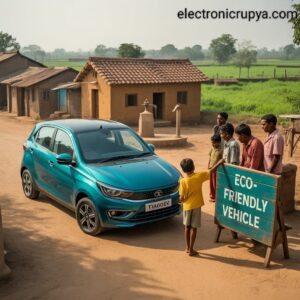
The Tata Punch EV is a very suitable car for Indian rural landscapes, with a mix of affordability along with utilitarian design elements required for village travel. Priced reasonably at approximately ₹10-14 lakhs, the Punch EV is one of the cheapest electric cars available in the market in India, particularly after factoring in government subsidies and state incentives lowering the effective price significantly.
The Punch EV’s 25kWh battery pack offers a sensible 315km range, sufficiently covering most daily rural travel requirements such as market trips, school runs, and emergency travel to neighboring towns. Based on Tata’s rugged ALFA platform, the Punch EV is a very rugged car with reinforced body build capable of tolerating India’s rugged road conditions, such as rural roads, potholes, and monsoon waterlogging.
Key Highlights :
Affordability: Reasonably affordable between ₹10-14 lakhs, subsidized by the government.
Battery Capacity: 25kWh battery pack with a 315km range for use in rural daily driving.
Robustness: Built on ALFA platform with reinforced structure for hard road use.
Seating Capacity: Five persons with adjustable interior for the transport of people and
equipment
2. Mahindra e-Verito
The Mahindra e-Verito is a spacious and dependable electric sedan that is ideal for the needs of Indian village life, particularly for the family seeking a no-frills, budget EV. With an effective price of approximately ₹9–10 lakhs after subsidies, the e-Verito is still a logical choice for semi- urban and rural families.
The e-Verito is powered by a 21.2 kWh battery with an approved range of approximately 140 km—adequate for most rural excursion such as local errands, school and hospital trips, and short inter-town commutes. Reason why the e-Verito is attractive to villages is because it features a strong suspension setup and proven Verito platform, which takes in stride rough village roads with reasonable comfort. Its spacious boot and 5-seater
cabin also accommodate the joint-family system in villages.
Key Highlights :
Affordability: At around ₹9–10 lakhs, with additional subsidy benefits in the majority of states.
Battery Capacity: 21.2kWh battery with certified range of ~140km—sufficient for daily use and short inter-town jaunts.
Robustness: Based on the tried-and-tested Verito sedan platform with tough suspension for rural roads.
Seating Capacity: Spacious 5-seater saloon with generous boot capacity ideal for family holidays and luggage transport.
3. Tata Tigor EV
Tata Tigor EV is a balanced electric sedan for rural families looking for a dependable four-door electric vehicle with an unblemished safety track record. Priced competitively in the ₹12–13 lakhs segment post-subsidies, the Tigor EV boasts a 26 kWh battery and a certified range of about 315 km, adequate for rural inter-city commute or emergency medical response duty.
Equipped with Tata’s proven platform and 4-star GNCAP safety rating, the Tigor EV is primed for village conditions like potholed roads, mercurial weather conditions, and high-occupancy usage. Its ride quality, commodious rear seat, and quiet driving behavior are ideal for big families in semi-rural locations.
Key Highlights :
Affordability: Relatively affordable electric sedan in the ₹12–13 lakh, post-subsidy segment.
Battery Capacity: 26kWh battery with up to 315km certified range—sufficient for all rural and emergency application.
Robustness: Derived from Tata’s tested X0 platform with reinforced frame and 4-star GNCAP crash test rating.
Seating Capacity: Five adults with generous rear legroom and lots of boot space for family essentials or farm tools.
4. Tata Nexon EV
The Tata Nexon EV, particularly the Long Range (LR) model, is one of India’s best electric SUVs and can be a premium option for thriving rural families or government/rural health centers. At ₹15–20 lakhs, it is more premium, but the Nexon EV LR comes with the best-in- class 40.5 kWh battery pack with a certified range of up to 465 km, just perfect for long rural distances, hospital accessability, or town-to-town mobility with fewer recharges.
It’s based on Tata’s high-strength platform and features industry-leading safety, robust suspension, and sufficient ground clearance—perfect for navigating rural unpaved roads, monsoon floods, and rough terrain typical of Indian villages.
Key Highlights :
Affordability: Luxury EV SUV in ₹15–20 lakhs, usually aspirational for government or wealthy rural families.
Battery Capacity: 40.5kWh battery with a top range of up to 465km—ideal for long distances and medical emergencies.
Strength: High ground clearance, robust suspension, and water-proof underbody designed for rural road conditions.
Seating Capacity: Spacious 5-seater SUV with elevated driving position and multi-functional rear seat area for people or luggage.
5. Mahindra Treo Zor
The Mahindra Treo Zor is not a passenger vehicle, but for shop owners, farmers, or village
entrepreneurs, it is an extremely utilitarian electric cargo vehicle. At a price of ₹3–4 lakhs, this
electric three-wheeler is economical, green, and ideal to carry fruits, vegetables, materials, or
merchandise on rural roads and markets.
With the 7.37 kWh lithium-ion battery and ~125 km
charging range, it is ideal for most daily delivery or farm use. With a tubular chassis, the Treo
Zor can handle rural road conditions and broken road, and it is also a good substitute for noisy
diesel loaders in villages due to its low maintenance cost and quiet operation.
Key Highlights :
Affordability: Reasonably priced commercial EV at around ₹3–4 lakhs, highly subsidized under commercial EV schemes.
Battery Capacity: 7.37kWh battery with ~125km of usable range—adequate for daily delivery or farm towing.
Robustness: Built with a strong tubular frame and durable tires for withstanding village roads, rough tracks, and load carrying.
Seating Capacity: Single-driver commercial setup with long cargo bed, best suited for carrying cargo, dairy, or farm materials.
Conclusion
Electric cars aren’t only meant for gliding down city roads — they are now rugged enough to tackle India’s rural roads as well. From rugged suspensions that can withstand potholes, to large batteries that can travel long distances without recharging too often, and space for the
entire family — EVs now are designed wiser and stronger for rural travel.
As more village households consider converting to electric cars, it makes sense to choose not just what seems to be best, but what performs on the road. Toughness, battery performance, ground clearance, and boot capacity are all vital factors for daily rural motoring.
So the next time you or your Indian village buddy is going to go out and purchase an EV, make sure it’s not merely electric — but tough, dependable, and ready for the roads that matter most. Because the best EV is the one that takes your family where they need to go, safely, no matter how rugged the road.

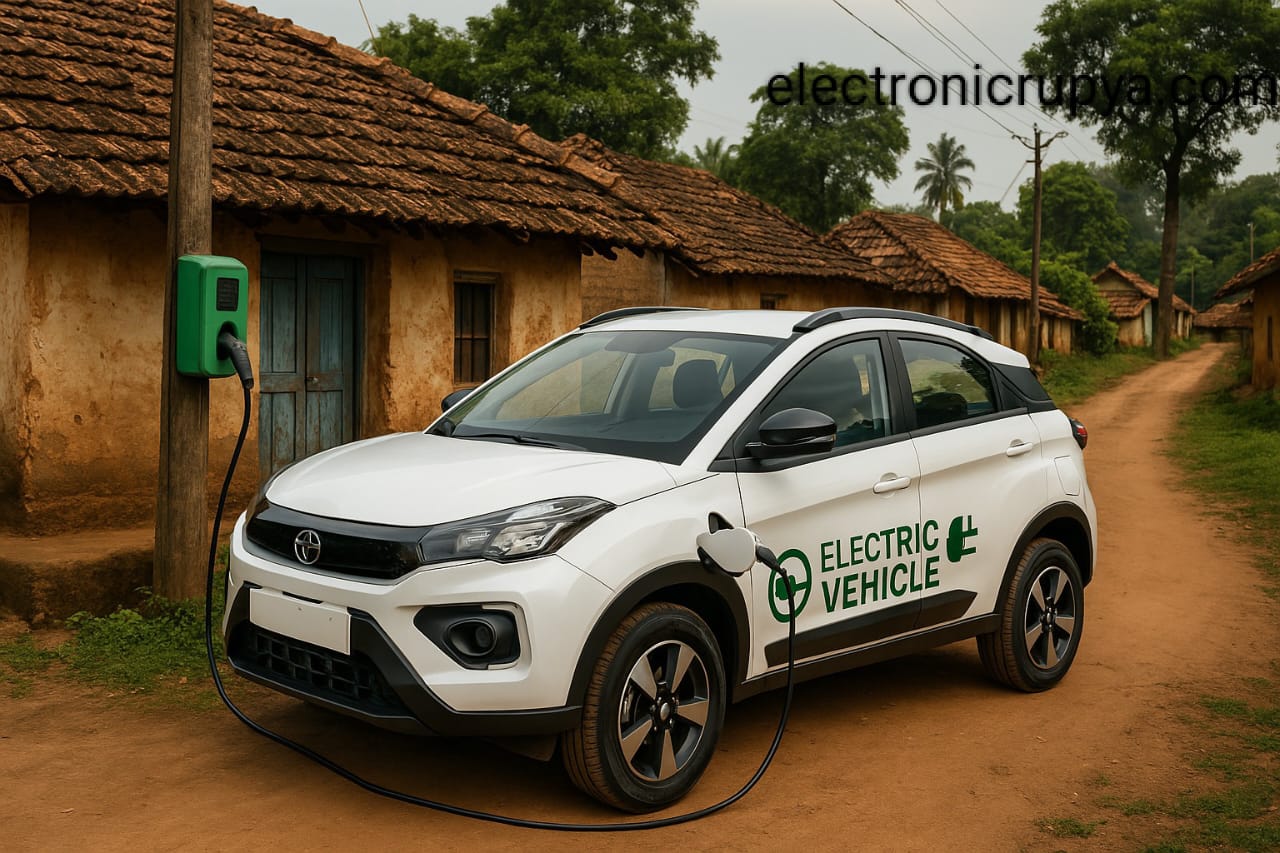

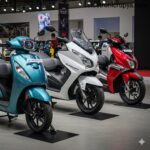
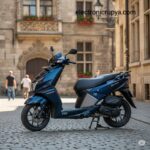

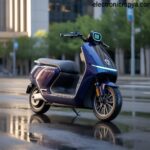
2 thoughts on “Which EV Car is Best for Indian Village and Rural Roads?2025”